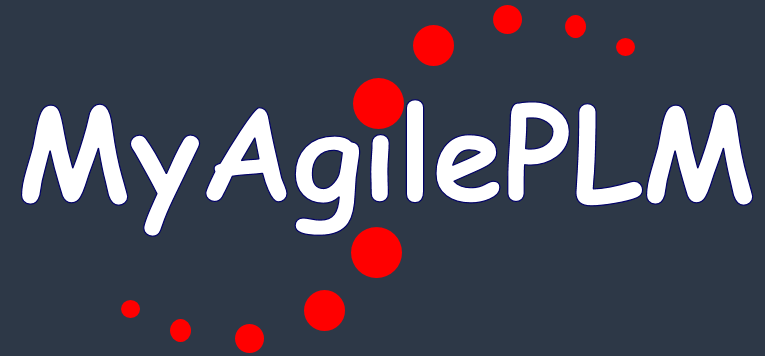Over the past few years additive manufacturing has been a growing means of producing goods and other products. Lowered cost of production and increased efficiency are some of the most prominent aspects of AM with digitization being the main catalyst causing this initial shift. The downside of this change from traditional to more connected and digitized ways of organizing and then running a factory is data security.
With cyber attacks on the rise and no sign of them stopping. More people and companies are looking towards software to provide the security they need to ensure the safety of their IPs, compliance with other organizations or government, along with the ability to trace where their data is and going at all times.
However even with how new the technology is, blockchain has the ability to address the issues stated above.
Validation of Data
Additive manufacturing companies can face the same issues as a traditional operation. Organizations that have to interact with a supply chain or are trying to digitize their own supply chain can struggle with overall visibility and validation of where their products or data is going depending on the complexity.
Blockchain at its core is built for the effective storage and encryption of information. Regardless of the industry in which blockchain is used, a user within the network can validate when data is entered and where it is going.
Join us this October 7th to learn how you can enhance your supply chain using trusted data solutions. RSVP today!
Encryption of Data
With this same digitization of overall production is the risk of cyber attacks. Within 2020 alone more than 1,000 cyber attacks occurred within the United States and millions more worldwide. The loss of an individual’s information can be devastating however the effects as a whole are minimal. On a company level it could be absolutely catastrophic due if assets like IPs or material from a customer is leaked or stolen.
Thankfully blockchain security favors large scale operations and networks. The data that is secured using blockchain uses encryption and private keys given to users within a network so that only specific individuals have access to the data that is needed. This makes this method of security perfect for additive manufacturing companies that are prototyping parts or working with customers or organizations that require absolute protection of digital assets and IP.
Detailed History and Traceability of Data
When working with other companies or groups, repeatability and quality can be the highest priority for those within the medical field, aerospace, and the military. Additive manufacturing also shares those aspects but in the past have lacked the flow of data from the machines being used. One of the scariest things is starting a print in advance, leaving for a time, then finally returning only to find out the job has failed.
Tracing where things went wrong in the production process can help prevent liability claims or money and time wasted on fixing a problem with the flow of information allowed by blockchain. This increase in information can also allow for automation of the additive manufacturing process along with payment since products created can be traced back to its origin aside from its final destination.
If you would like to learn more about supply chains and how software like blockchain can enhance it, Join us for this webinar when we invite co-founders Sachin Saswade and Gopal Ramanujam from IndusIntel and CTO/President, Vishal Singh from Link3D to discuss how you can enhance your supply chain using trusted data solutions. Take the first step in improving visibility into your additive manufacturing processes and register today!



Be the first to post a comment.